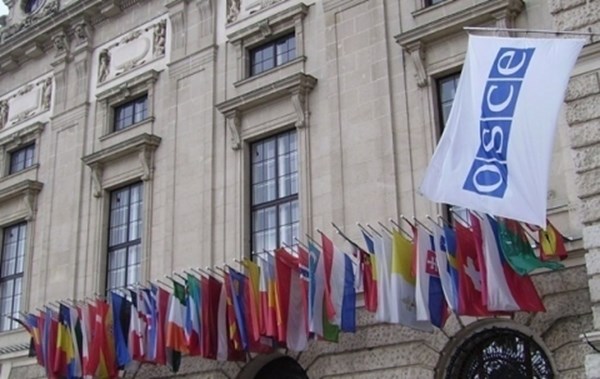Russia was unable to make gains with the OSCE in protecting Russian state-owned media
The OSCE declined four proposals by Russia before its annual meeting with Foreign Ministers on December 6. One of the proposals was concerning the Russian state-owned media, specifically the demand to unblock them in other countries, reported Evropeyska Pravda.
Russia also proposed that the OSCE be part of joint decision-making regarding the media’s free access to information. There was no mention of RT, Russia24 or Sputnik in the document, but the OSCE member nations stated that Europe has new problems that threaten free access to information.
Among the problems, they named: "the increase of the number and variety of cases of influence of authorities of certain member-countries on media which undermine the free circulation of information, namely blocking separate editions, administrative suspension of broadcasting of TV and radio channels, obstructing the work of foreign journalists and media-sources who legally carry out their professional activity (including entry bans or expulsion from the country, delays in providing accreditation, denial of visas, etc.)."
To guarantee the rights of Russian propaganda sources, the Russian Foreign Ministry proposed to give new instructions for the Special Representative of the OSCE on freedom of the media. A draft decision contained an indication "to authorize the Special Representative to monitor the facts where media is restricted in access to foreign information services or is deprived of the right to work, or when journalists are denied entry to any OSCE member state without grounds or deprived of the right to stay in the country to perform their professional duties".
The OSCE declined to even propose the project for discussion at the ministerial meeting. Russian Foreign Minister Sergey Lavrov said in his public statements in Milan that other OSCE countries "axed" all documents offered for the adoption by Russia.
